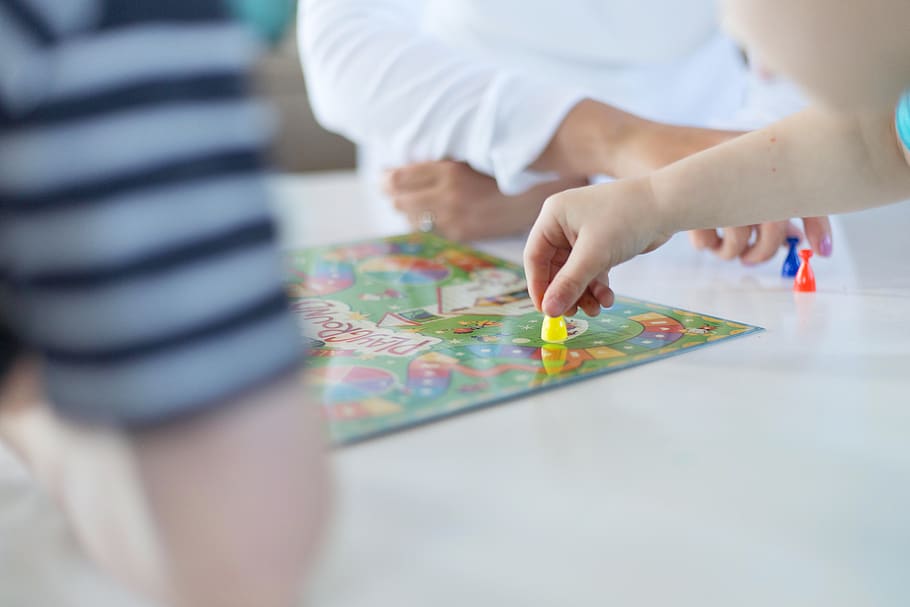All of us, medical professionals in public and private health care networks, frontline from hospitals and residences, other concerned groups are collaborating to fight the coronavirus to ensure our safety or supply, and the rest of the population from the back of the line for support.

Motivated isolation
For the average citizen, staying at home can be difficult, if not a little overwhelming. It’s like not being able to be close to people, not being able to touch each other, not being able to hug and kiss each other, not being able to feel close when you need it most. But for the sake of all, it is important to follow the advice they have given us in this regard: keeping a safe distance of one and a half meters between people, not going outside unless necessary, and washing your hands frequently are the most effective measures to stop the spread of the virus. The spread of this disturbing virus.
The situation is not at all easy. In addition to the undeniable human and health drama, the already tragic infections and deaths, and the fear of what will happen once the pandemic is overcome, confinement has now broken all our routines and tested our psychological strength. For this reason, we mention here some tips to cope positively with this isolation situation in a healthier way and avoid falling into anxiety and distress.
Maintain a positive mindset
The uncertainty generated by this issue can cause fear, which is inevitable, but it can even be healthy and adaptive if we know how to control it. In order for this fear not to degenerate into anxiety, we must strive to maintain a positive mindset.
Prevent your mind from getting lost in a cycle of harmful thoughts or predicting future problems
We don’t know if they will happen. If these thoughts arise, cut them off and remind you that this is a temporary situation, that it will happen, and that all of us are assuming for a common goal: to protect our health and that of our families, which is our most valuable asset.
Establish a routine
Our usual routines have been broken, and to combat the insecurity and anxiety this can bring, it is recommended to adopt new schedules, meals, and cleaning habits …… instead of wearing pajamas all day. In this sense, it is recommended to set daily goals personally and professionally, and even more so if we are telecommuting.
Exercise at home
Staying at home should not be synonymous with a sedentary lifestyle. We always have the option of exercising at home. Staying physically active will also help us distract ourselves and get better rest. Organize exercise routines individually, or better yet, with your family.
Exercise at home
Always start with stretching exercises to warm up. Next, some cardiovascular exercises, such as stepping on a pedal board. Third, it incorporates strength exercises. Help yourself with some dumbbells, or if you don’t have dumbbells, you can do a milk brick or a rice bag. Finally, do some stretching to avoid stiffness.
Avoid excessive information
These days, there is an avalanche of information related to coronavirus. Obviously, we must stay informed, but not get caught up in informing. To do so, it is recommended to turn to official sources of information (Ministry of Health, WHO). Do not listen to or encourage the dissemination of the numerous pranks that are spread on social networks and/or through WhatsApp.
Establish moments of disconnection
It is important to maintain moments of closeness with the couple, our children …… We focus on leisure activities together (watching movies, resuming board games or crafts ……). It is important to have a part of our daily routine that will help us disconnect from work and if we continue to work from home, things will get more complicated.
Leisure activities
We should also not lose contact with our family and friends, even if not physically, we can continue to unite at a distance using the tools that technology offers us (phone, video calls, streaming connections).
Practice relaxation techniques
Being alone and relaxing also helps to calm the mind and keep us focused. Conscious relaxation practices are very helpful in this regard, as are meditation and yoga. Practice them before bed to promote deep rest. To help you rest, a bedroom that is free of stimuli and separate from your work area is also important to promote disconnection.



